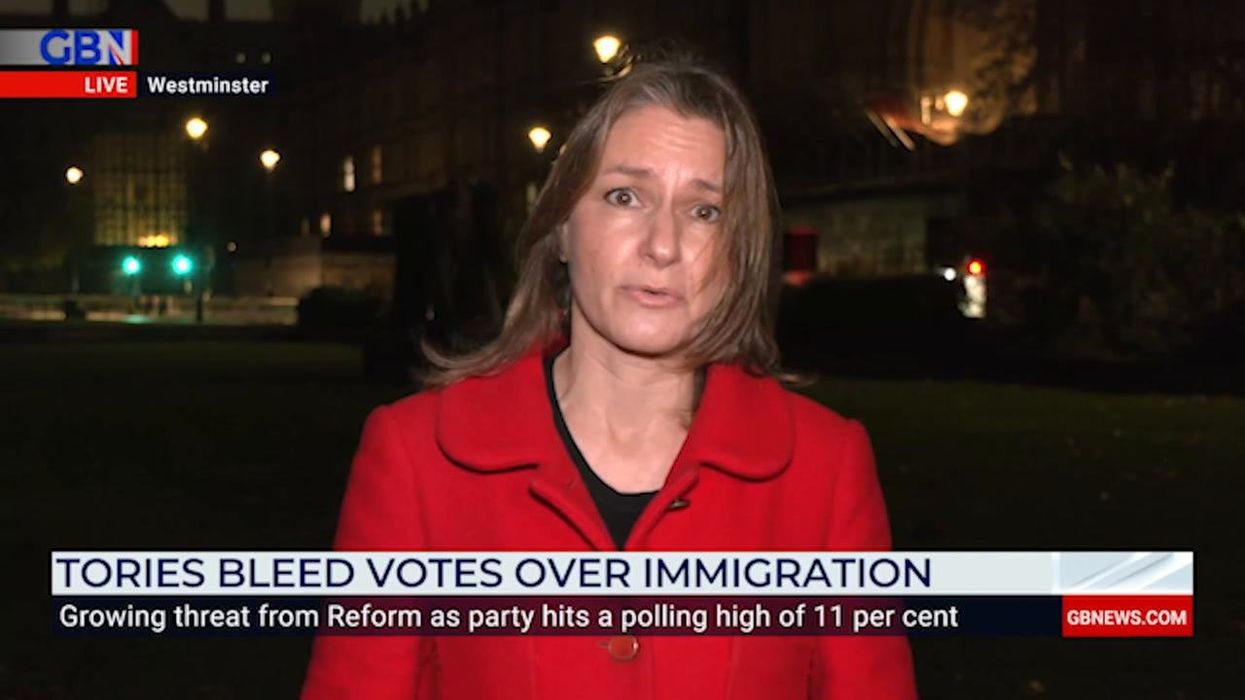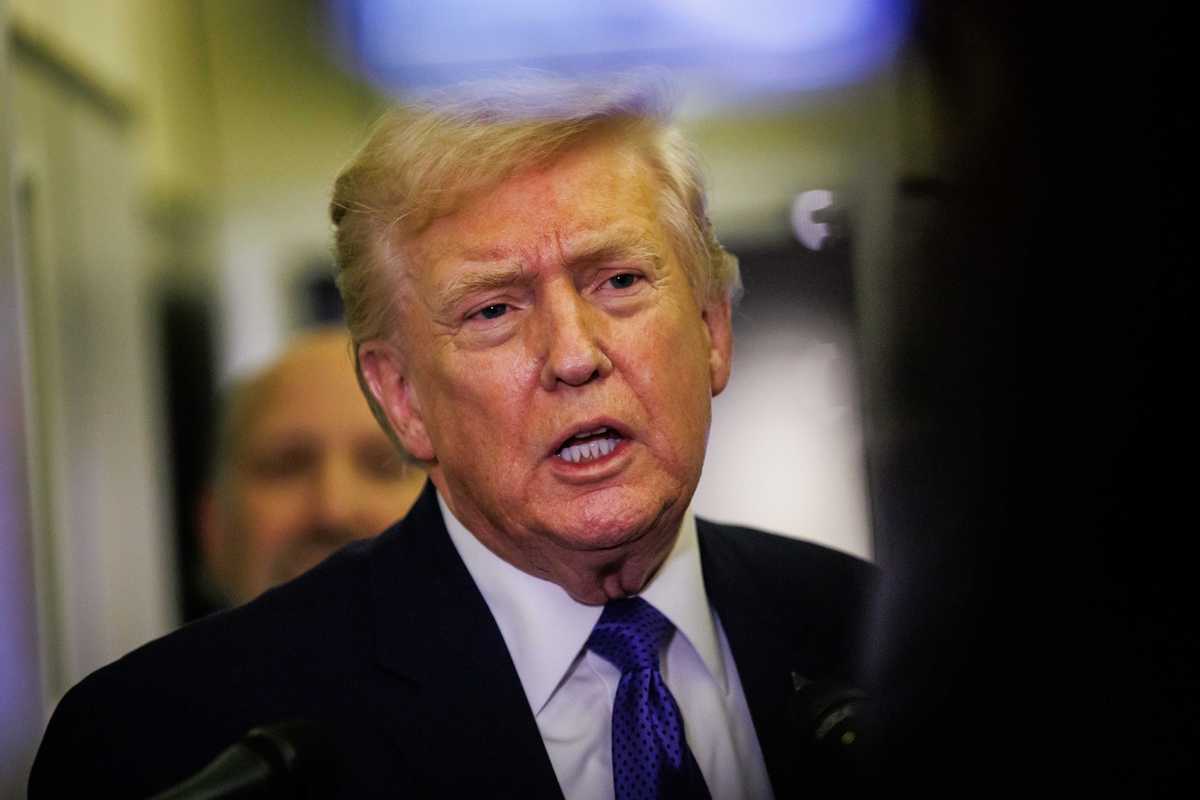Related video: Culture secretary issues warning to voters thinking of defecting from Tories to Reform
Lucy Frazer, the culture secretary, started off a new week in UK politics by appearing on Sky News and struggling to understand the difference between perception and evidence, amid a discussion about bias at the BBC.
The South East Cambridgeshire MP’s conversation with Kay Burley comes as the government recommended new reforms to the public service broadcaster to “boost public trust”, such as giving the BBC Board active oversight over the organisation’s complaints process and granting the watchdog Ofcom powers to regulate BBC content on third-party websites such as YouTube.
The Mid-Term Review also recommends the BBC shares more information about what it is doing to make its editorial content more impartial to help it “tackle perceptions of bias”.
And it was this phrase on which Burley quizzed the government minister on Monday.
Frazer said: “There is a- there w- There is a perception amongst the public that the BBC is biased, and as culture secretary, it’s important that I look at that.
“I must say, these are issues that I have discussed with the BBC, they’ve taken [it] on board…”
Burley interjected: “I asked you about the evidence of bias, where’s the evidence?”
Taking an uncomfortable pause, Frazer replied: “The evidence of bias is what audiences believe is the content of BBC.”
Kay pointed out: “But that’s perception, that’s not evidence. That’s perception.”
Frazer stressed: “That is evidence. That is evident- Impartiality is about perception of the things that are being broadcast by the BBC, and the evidence in relation to that perception is that…”
After Kay emphasised once again that perception and evidence are two different things, the Conservative politician and barrister took another deep breath and continued: “The evidence from Ofcom, having done studies and questionnaires of the public, is that the BBC’s ratings in relation to impartiality have gone down, and I and the BBC think that there is more that the BBC can do in order to improve that.”
The interview has since been branded “painful” by social media users on Twitter/X:
[twitter_embed https://twitter.com/Ern400/statuses/1749340659889094672 text=""Alexa, show me a Minister totally out of their depth".\\nEvidence of incomptence." name="" screen_name="Ern400" id="1749340659889094672" created_ts="" iframe_id="twitter-embed-1749340659889094672" expand=1 embed_desktop_width=550 embed_desktop_height=765 embed_mobile_width=375 embed_mobile_height=680]In June 2022, Ofcom noted more than a third (39 per cent) of BBC complaints related to bias, with just over a quarter (26 per cent) concerning accusations of misleading or dishonest content.
Dame Melanie Dawes, the regulator’s chief executive, said at the time: “Viewers and listeners tell us they aren’t happy with how the BBC handles their complaints, and it clearly needs to address widespread perceptions about its impartiality.
“So we’re directing it to respond to these concerns, by being much more transparent and open with its audiences.”
Sign up to our free Indy100 weekly newsletter
Have your say in our news democracy. Click the upvote icon at the top of the page to help raise this article through the indy100 rankings.














